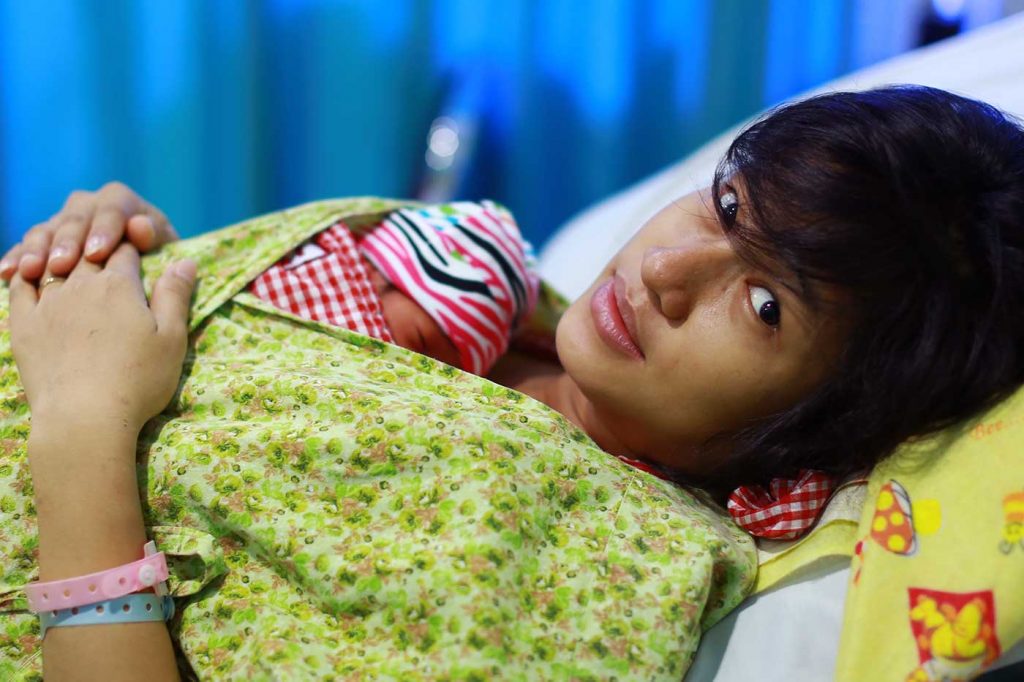Aligning Strategies, Mobilizing Support, Accelerating Progress
The Postpartum Hemorrhage Community of Practice Annual Meeting will go virtual for 2020. During the three-day virtual conference, participants will review and discuss emerging evidence and identify critical evidence gaps. Speakers will share implementation successes and shortcomings, identify existing challenges/entrenched obstacles, and discuss potential solutions.
Together, we’ll work to align the maternal, newborn, and child health community on strategies, mobilize support to spark action, and accelerate progress toward targets and key health system priorities. And we’ll determine how best to support ministries to drive system changes for sustainable implementation of best practices for postpartum hemorrhage (PPH).
When: July 21–23, 2020, 8:00 a.m. to 11:00 a.m. Eastern Daylight Time (GMT–4)
Where: Start here for daily agendas, Zoom links to sessions, speaker biographies, and additional resources
Surveys
PPH CoP Annual Meeting Post-Meeting Survey
PPH CoP Follow-up Meeting
We are excited to announce the first special-topic deeper dive session following our recent Postpartum Hemorrhage Community of Practice (CoP) annual meeting, scheduled for Thursday, August 27, from 8:30–10:00 a.m. EDT!
- View the recording.
- Download the presentation.
- Read the Q&A from the meeting.
Program
Follow the links below for a full agenda for each of the three conference days. Each day’s agenda includes presenter biographies and Zoom room links. Each of the plenary sessions and select breakout sessions will have simultaneous French interpretation. Recordings of sessions, presenter slide sets, and other resources will be available.
All times listed in EDT (GMT–4).
[2code-schedule-draw]

Too often — for the most vulnerable, marginalized and remote — survival is still a game of chance.
Koki Agarwal, Director, Maternal and Child Survival Program



